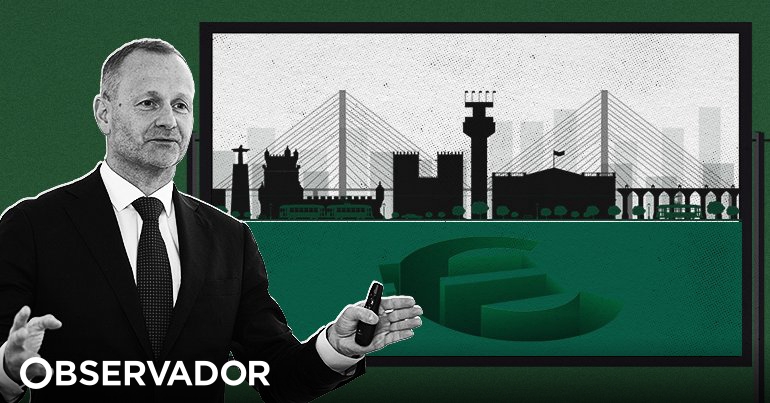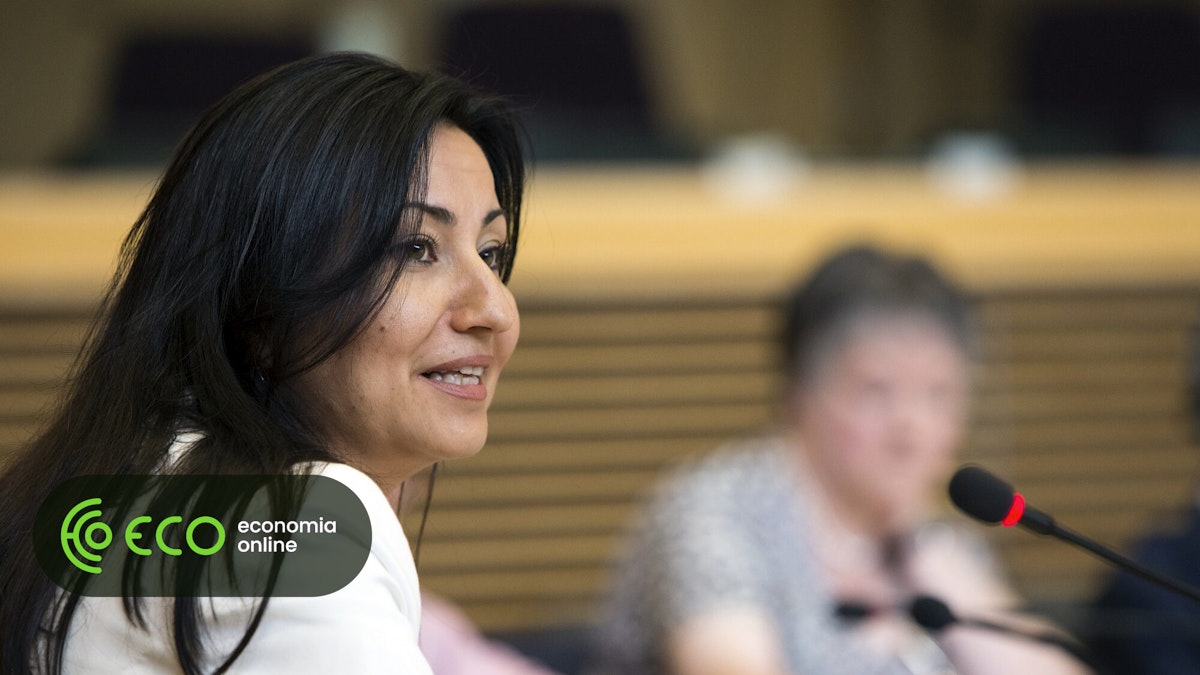“In Portugal, everything seems to happen in slow motion”, says Danish economist Steen Jakobsen – Observer
Portugal has been under the protection of a “rich uncle” – called the European Central Bank – who cares that the cost of the State’s debt remains low and that there is scope to apply public spending. But, warns the Danish economist Steen Jakobsen, this is a scenario that will last less than you think – because information pressure is anything but “transitory” and will force central banks to scale back monetary stimulus.
In an interview with the Observer, the investment director make influential Saxo Bank warns that, unless it wants to be “eternally the poor cousin”, with a GDP per capita of 77% of the European average, the country needs to go beyond the “slogans politicians” and take concrete steps to transform the economy. And there’s no need to invent anything: “For example, if you want to apply a set of measures that have proven to make the Scandinavian countries what they are today, just steal as ideas. Nobody takes it wrong”.
“In Portugal, everything seems to happen in slow motion” and, lacking a good explanation for why it continues to be like that, the economist says “I suspect that there is some political interest, hidden, interested in ‘slowing down’ things”. And, when talking about the so-called European bazooka, Steen Jakobsen recalls that, “if a country wants to be socially fairer, more inclusive, more ecological, then it has to start by increasing the level of productivity in the economy. Only the spoils that can then be distributed are ordered”.
“It’s a mistake to look at this as a lot of capital being allocated here and there. If not major investments that increase productivity in the long term, it won’t help anything”, he warns.
In an interview at the end of 2018, he told the Observer that “Portugal was embarrassed for not being a top country in the world”. However, the world was beset by a violent pandemic crisis. Upon returning to the country, do you feel that something is changing?
I love Portugal, I love the people I know here, the gastronomy – and whenever I criticize the country it’s because I continue to think, honestly, that it could be much, much better than they are. The reality is that Portugal continues to have just over 70% of GDP per capita compared to the European average [77%, em 2020]. With such a rich history, good engineering skills, relatively good healthcare system… But he still insists on doing things in slow motion.
What do you mean by that?
I mean that Portugal tends to only move when it’s leaning against the wall. You wait for the collapse and then, yes, you move towards the solution. On the way to collapse, it seems that everything has to be done with great care, with individual measures, because there is always a receipt of annoying someone if they do something more audacious. For example: it took a huge crisis to realize that the country’s first priority would be to drastically expand incentives for innovation, beginners, create conditions for these companies to be born in Portugal.
And attract foreigners…
Of course, to be a axle in Europe, as this country has to be. Then, as crises improve, cyclically, but we must remember that it is necessary to continue investing in these areas, it cannot be a passing thing. If there is a fixed annual budget for Defense, why not define 1% of the annual public budget for investment in innovative sectors? There is so much that can be done… It cannot be slowed down, this time Portugal needs to take things forward, so that they bear fruit.
“This time”? Is your perception that the country “does not take things forward”?
Portugal went through so many successive crises, since the 70s, after the fall of the regime [Estado Novo]. For a long time, the excuse was this – that the economy was starting from a difficult situation, after the dictatorship. But there comes a time when this ceases to serve as an excuse, because the country already has excellent basic conditions to have much better results than it has – namely in infrastructure, thanks to funds received from European entities over the decades. This is a country that, throughout its history, has had access to huge markets, has one of the most spoken languages in the world. I would have to be much better.
Can a so-called European “bazooka” be an opportunity to get around?
From what I’ve heard, the motto will be to promote a greener, more inclusive recovery… But that’s just slogans. Action is missing – and action is taking concrete steps to transform the economy, and we’ve already talked about a few. And you don’t even need to invent anything, no country has patented measures that it has taken to be more successful. For example, if they want to apply a set of measures that have proven to make the Scandinavian countries what they are today, just “steal” the idea. Nobody takes this the wrong way. From what I realize, I just see a little coherent effort, loose measures. Which leads me to suspect that there is some hidden political interest, interested in “slowing down” things.




